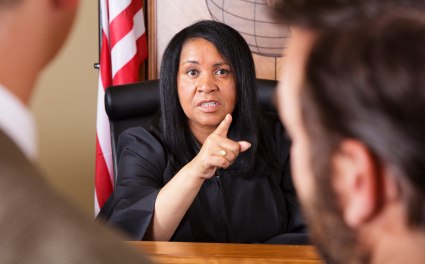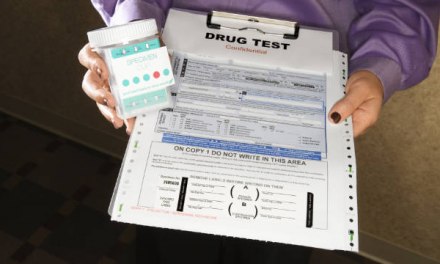What do you consider an ideal balance for an addictions treatment program in terms of staff composition–recovering versus non-recovering staff?”
I used to think it was around 50-50, or 60-40 one way or the other. But as I worked with more and more programs, I found it increasingly difficult to meet such arbitrary targets.
So now when I go to hire staff, I just look for competence. Sometimes there’s not enough of that to go around as it is.
I do think a clinician in recovery can bring something important to treatment – their experience of success. That is, if the recovering clinician is willing to be public about that experience, which many are not. A few have even told me other professionals looked down on them. Others maintain they faced discrimination in hiring. I wouldn’t know.
I recall one professor airily informing his class that recovering counselors had an ‘agenda’. He didn’t say what the agenda was, but clearly he didn’t approve of it.
Sounded to me as if he had an agenda of his own.
I’m no fan of the prejudice against the non-recovering that we sometimes see displayed by a few members of 12 Step fellowships. At a recent symposium a woman in the audience challenged one of the presenters as lacking ‘real personal experience’ of recovery. “My father’s a famous heart surgeon,” the presenter replied. “And he’s never had heart surgery.”
Personal recovery doesn’t always mean you understand what all your clients are going through. I quit smoking, but I’m not naïve enough to think that the tens of millions of others who quit did it in the same way or had the same experience I did.
But there’s still value to many patients in the thought that their clinician knows how it feels to undergo so many changes. And not just from addiction. Here’s a link to a New York Times article on the psychologist Marsha Linehan: “Expert on Mental Illness Reveals Her Own Fight.”













